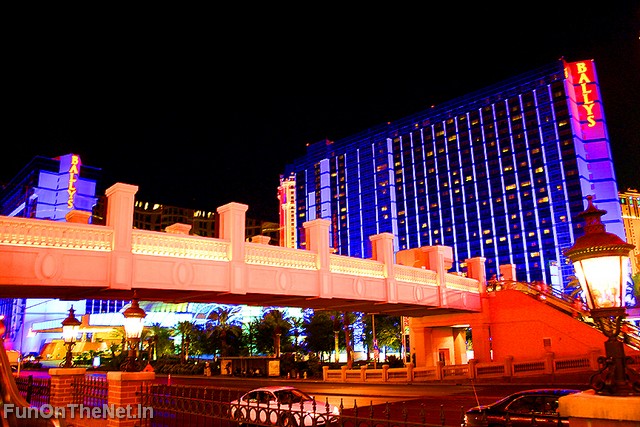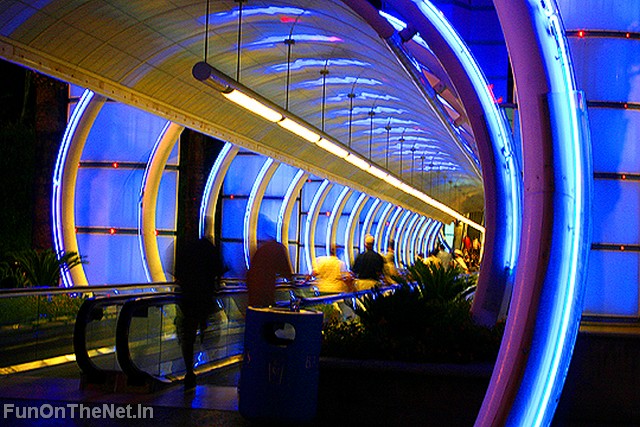Las Vegas (Spanish: "The Meadows") is the most populous city in the state of Nevada, the seat of Clark County, and an internationally renowned major resort city for the gaming industry, shopping, and entertainment. Las Vegas, billed as The Entertainment Capital of the World, is famous for the number of large casino resorts and their associated entertainment.

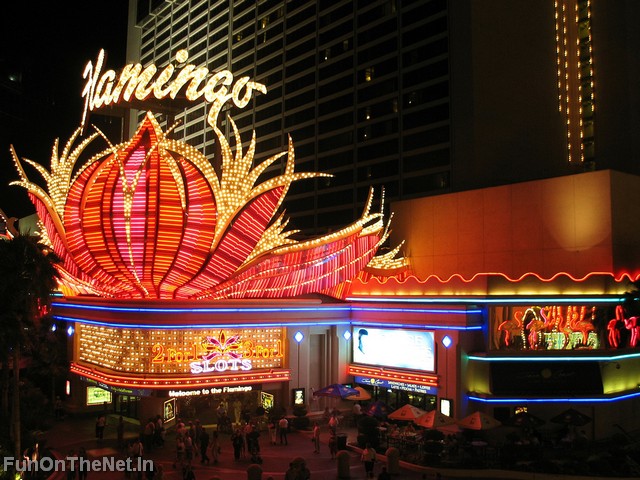

The city's tolerance for various forms of adult entertainment earned it the title of Sin City, and this image has made Las Vegas a popular setting for films and television programs. Outdoor lighting displays are everywhere on the Las Vegas Strip and are seen elsewhere in the city as well; as seen from space, Las Vegas is the brightest city on earth.
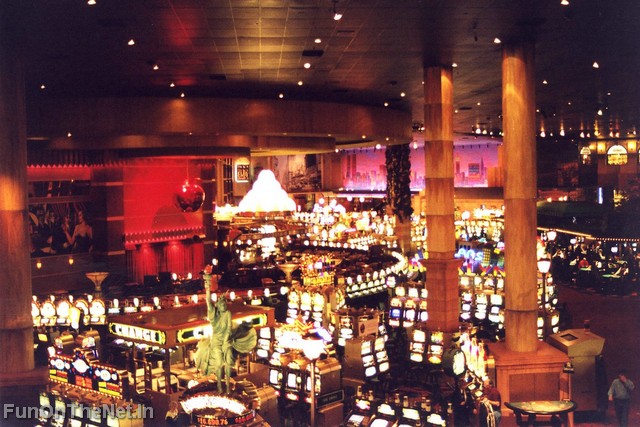


Established in 1905, Las Vegas officially became a city in 1911. With the growth that followed, at the close of the century Las Vegas was the most populous American city founded in the 20th century (a distinction held by Chicago in the 19th century). It was the 28th most populous city in the United States with an estimated population of 558,880 as of 2007. The population of the Las Vegas metropolitan area exceeds 2 million residents.
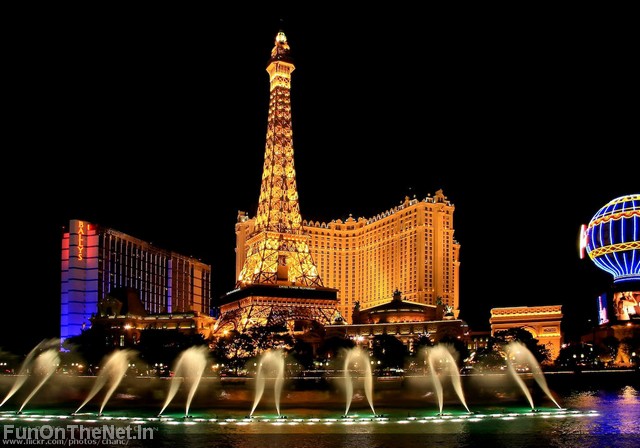
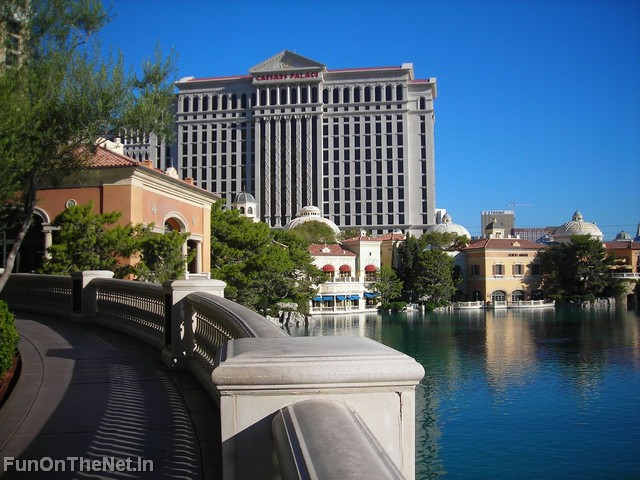

The name Las Vegas is often applied to unincorporated suburbs of Clark County that surround the city, especially the resort areas on and near the Las Vegas Strip. This 4.5-mile (7.2-km) stretch of Las Vegas Boulevard is mostly outside the city limits, in the unincorporated communities of Paradise and Winchester.

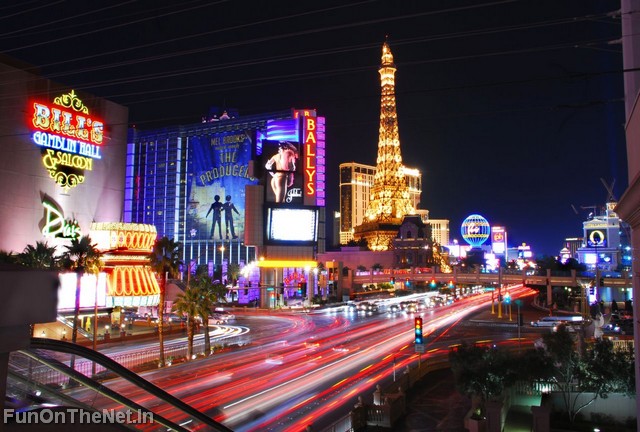
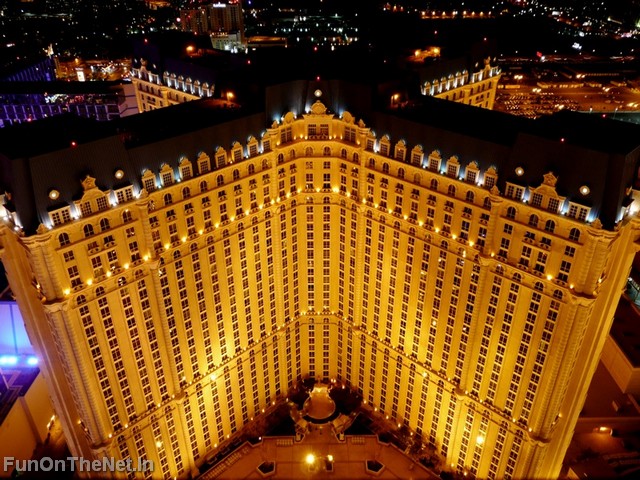
The United States Census Bureau 2007 estimates place the population for the Las Vegas Metropolitan Statistical Area at 1,836,333 people, and the region is one of the fastest growing in the United States. Las Vegas proper was ranked as the 32nd most populous city in the United States in 2000, and 2006 estimates have placed the city 28th in rank.
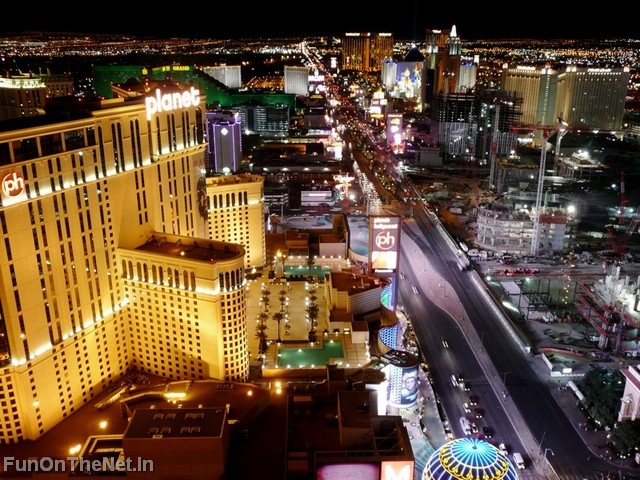


As of the census of 2000, there were 478,434 people, 176,750 households, and 117,538 families residing in the city. The population density was 4,222.5 people per square mile (1,630.3/km²). There are 190,724 housing units at an average density of 1,683.3/sq mi (649.9/km²). The racial makeup of the city was 69.86% White, 10.36% African American, 0.75% Native American, 4.78% Asian, 0.45% Pacific Islander, 9.75% from other races, and 4.05% from two or more races. Hispanic or Latino of any race were 23.61% of the population.
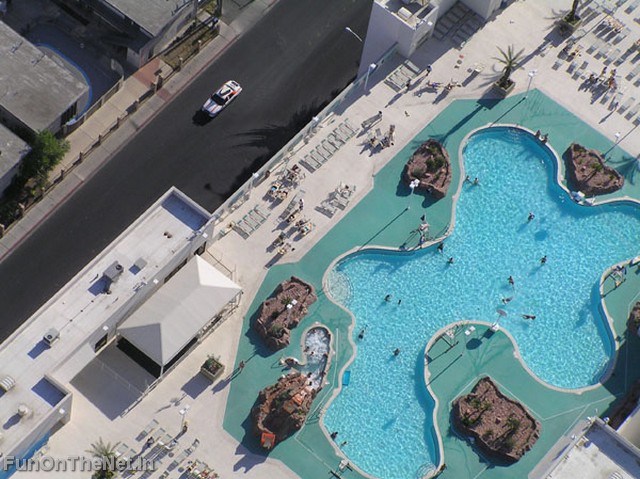
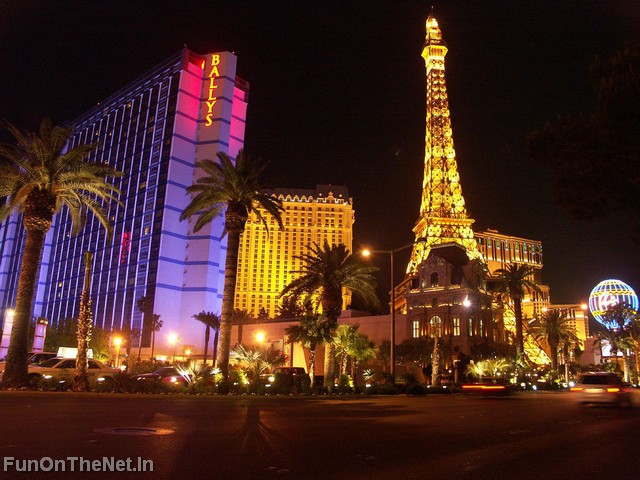

The median income for a household in the city was $53,000 and the median income for a family was $58,465. Males had a median income of $35,511 versus $27,554 for females. The per capita income for the city was $22,060. About 6.6% of families and 8.9% of the population were below the poverty line, including 5.4% of those under age 18 and 6.3% of those age 65 or over.
